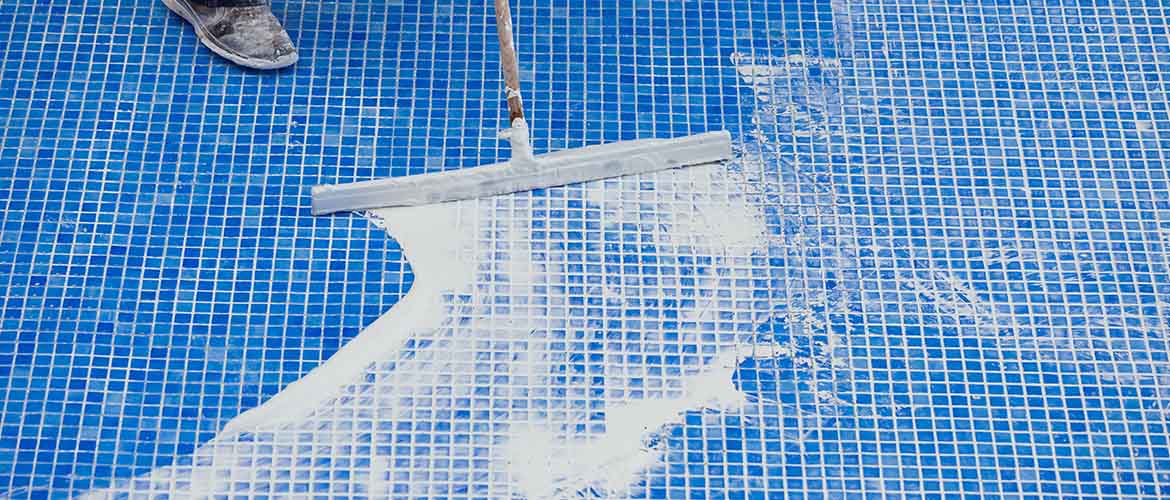
Grouting Mosaic Tiles – Tips From No.1 Mosaic Suppliers In India
f you’re thinking of adding the look of stone floors to your home, mosaic tiles are a great choice. But before you add them to your home, you need to make sure that they are grouted. This is because mosaic tiles are porous, which means they absorb moisture. If they aren’t grouted, they will slowly degrade.
Grouting is the process of filling a gap between two pieces of mosaic or tile with a material that will prevent it from expanding and allow it to be easily separated. It is needed when the gap is small, or when the mosaic or tile has been installed in a wet area. As the leading mosaic suppliers in India, Decorcera UK offers a wide range of mosaic tiles for your floors and walls.
Grouting mosaic tiles is an important part of the whole mosaic installation process. It’s used to seal gaps between the tiles and add extra strength to the whole surface. In this article, we’ll answer all your questions about grouting mosaic tiles. Let’s get started.
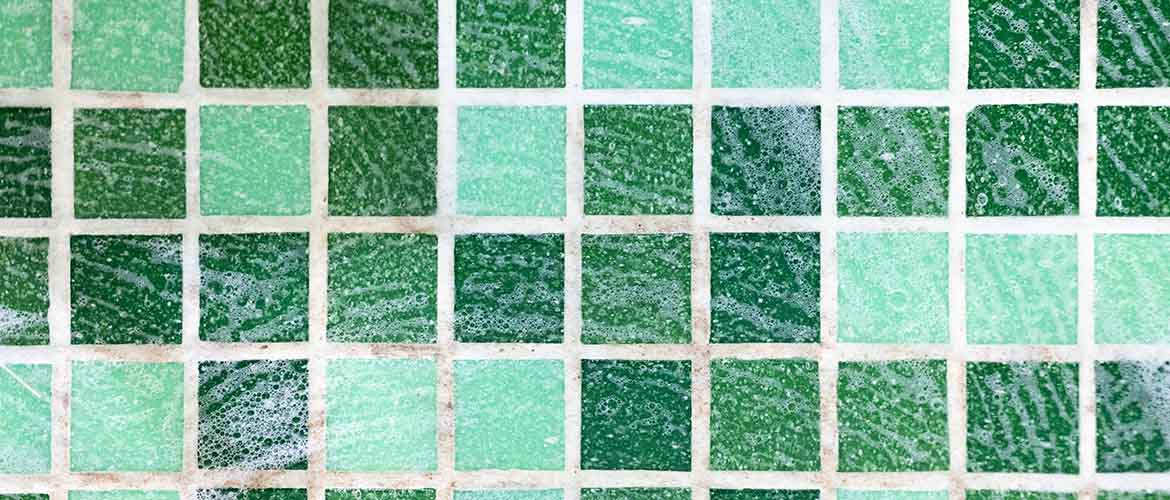
Grout is a substance that is used to fill small gaps between tiles during installation. It keeps water out of the tile and adds a decorative touch to your mosaic design. Grouts are classified into three types: solid, fluid, and cultured. Each has advantages and disadvantages, so it is best to select the one that is appropriate for your tile.
Grout is typically made of cement or a cement-sand mixture. With technological advancements, one can now find grout made of ceramic, plastic, and even epoxy. The grout you use will be determined by the type of tile you have. Decorcera UK are reputed mosaic suppliers in India, with a diverse mosaic tile collection, and our team assists homeowners in selecting the best grouting material for their mosaic tiles.
As we’re talking about mosaic tiles, we’ll go over the three main types of grout you can use on them.
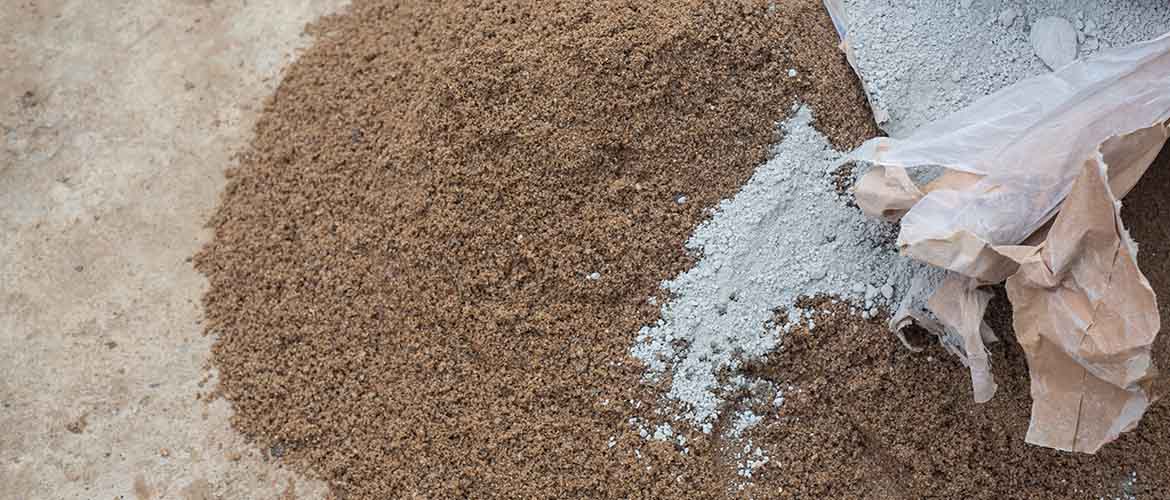
This is the most widely used type of grout. It is made of a sand and cement mixture. It is simple to mix and apply, and anyone with a basic understanding of grouting can do it. Powder grout comes in two varieties: sanded and un-sanded, and experts recommend using the un-sanded version to avoid scratching your mosaic tiles.
It can also be mixed with other colors to add additional design elements to your mosaic tiles. Powder grout, on the other hand, has a number of drawbacks. It is not water-resistant, and if not applied evenly, it can cause cracks in the grouted areas. It also becomes brittle after drying, so it must be sealed.
When you shop at Decorcera UK, the leading mosaic suppliers in India, our team will explain more about the different kinds of grout and help you choose the right one.
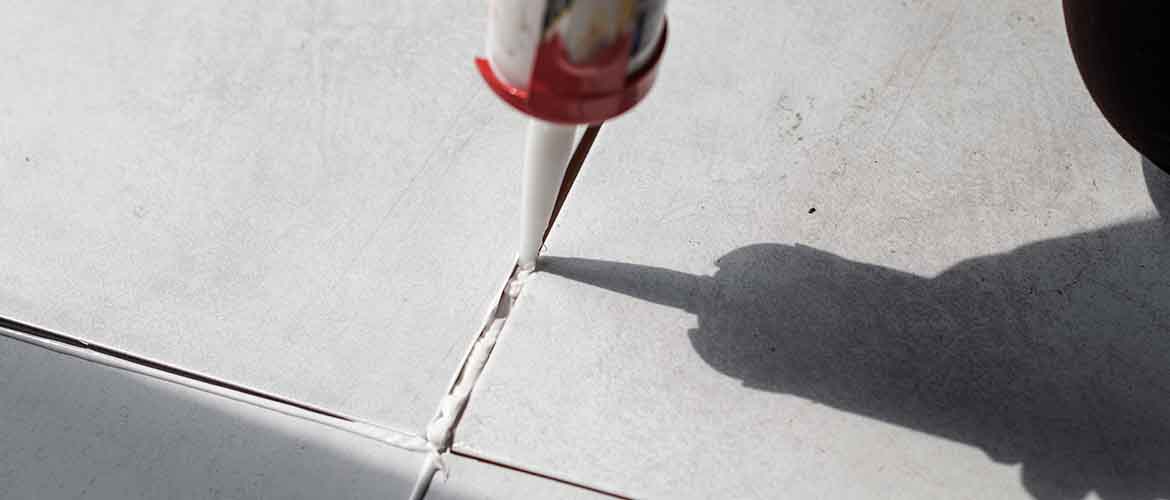
Epoxy is the next grout type. It is composed of sand and cement, similar to powder grout. It does, however, contain a resin that hardens when exposed to heat. This makes it ideal for grouting mosaic tiles in wet areas like bathrooms.
This grout is composed of a resin and an epoxy. It is more expensive than other types of grout, but it is also more durable and resistant to water. It also seals better than other types of grout. It has a gel-like consistency, making it simple to apply and control.
Epoxy grout is also the most difficult to work with because it requires a great deal of skill and experience to apply. It is used when both water and stain resistance is desired in the grout. It’s also used to add a decorative design to your grout, like a border or a pattern.
Experts at Decorcera UK, top-selling mosaic suppliers in India, vouch for the advantages of epoxy resin. You can learn more about this grout material when you consult with our team.
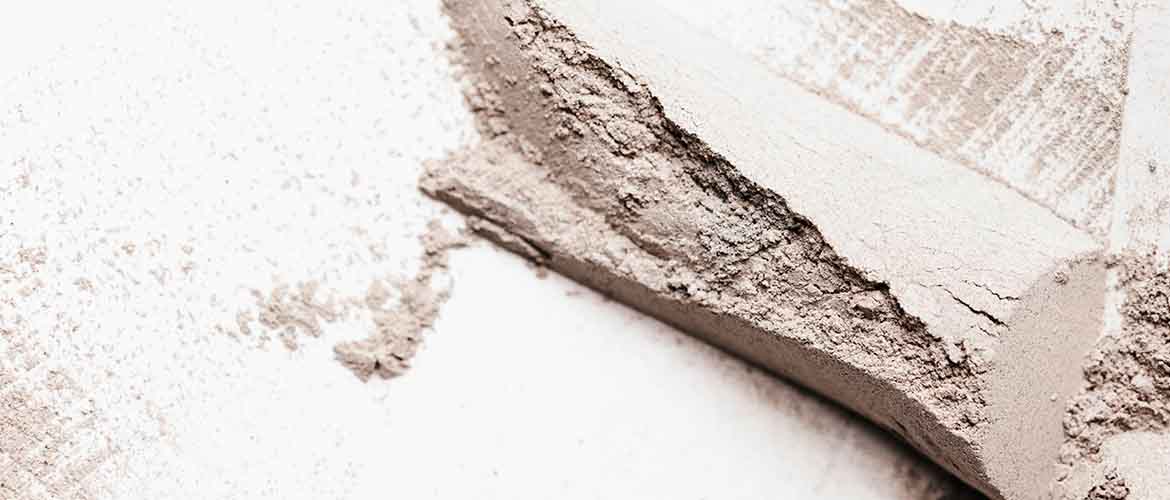
Premixed grout is the third type of grout. It is a pre-colored cement and sand mixture that has been pre-colored to match your tile. It is simple to use and has little to no odor. It is also less expensive than other types of grout.
Urethane-based grouts have recently gained popularity. These are made of a polymer resin and are primarily used for their water resistance. They are typically more expensive than epoxy grouts, but they are less difficult to apply. They are also stain-resistant, which makes them an excellent choice for outdoor mosaic tiles.
Urethane-based grouts, like epoxy grouts, are both water-resistant and hard. They are also more durable than other grouts, which makes them ideal for grouting mosaic tiles in high-traffic areas. They can also be used in wet environments and are simple to work with.
This grout type is suitable for special mosaic types like wood or ceramic tile mosaics as they are easy to use. You can find a great range of wood and natural stone mosaics at Decorcera UK, renowned mosaic suppliers in India.
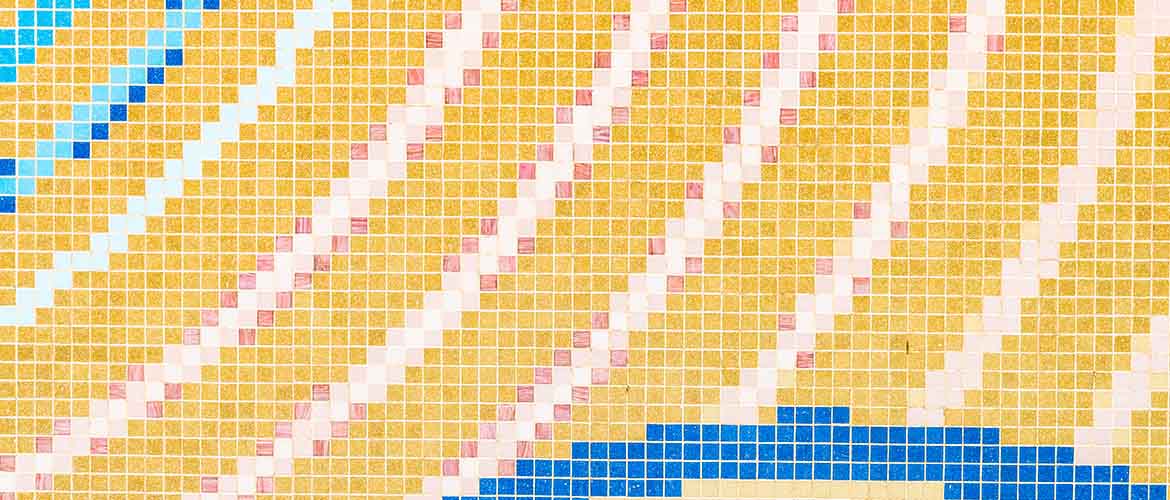
When you’ve decided on the best type of grout for your mosaic tiles, it’s time to set them. The mosaic pieces are arranged in the desired pattern before being glued to the substrate with a PVA adhesive. After the mosaic pieces have been glued to the substrate, it is time to begin grouting.
1. Prepare the grout mixture according to the package directions.
2. Using a grout spreader, apply the grout mixture to the mosaic tiles. Make sure the grout is evenly distributed on the mosaic tiles and in between the gaps.
3. Remove excess grout from the substrate with a spatula.
4. Allow the grout to permeate between the gaps and set thoroughly.
5. Wipe the grout off the surface of the mosaic tiles with a damp cloth.
6. Allow it to dry for a few hours before buffing with a dry cloth.
7. Seal the grout joints with a grout sealer.
It is important to use the right kind of grout based on the mosaic material. You can find a huge of mosaic collection at Decorcera UK, the best-selling mosaic suppliers in India. Consult with the sales team on the right type of grout to use for your mosaic selection.
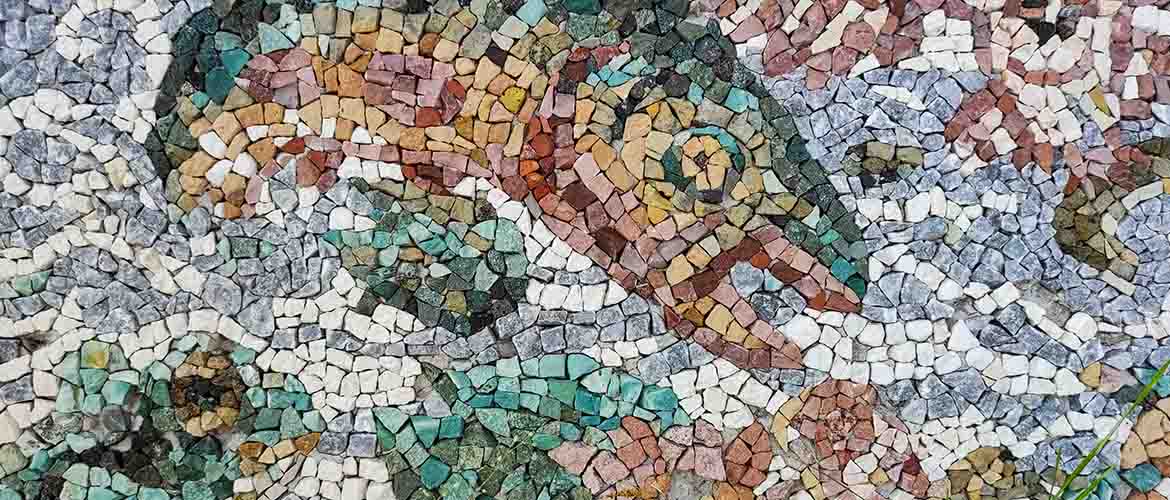
When grouting mosaic tile art, the grouting process must be adjusted to account for the size and shape of the tiles. This is due to the fact that mosaic tile art is typically smaller and cut into intricate shapes. As a result, more grout may be required to cover the tiles than usual. It is also critical to use a grout mixture suitable for the type of tile art.
It is also worth noting that grouting mosaic tile art takes longer than grouting regular tile. This is due to the fact that you must take extra care to ensure that the grout is applied evenly and sufficiently in between the gaps.
If you are looking for artistic mosaic tiles, Decorcera UK is the best place to shop for. We are the most sought after mosaic suppliers in India for bespoke mosaic tile collection.
Mosaic tile grouting is a simple way to add color and design to your home. It is an excellent way to enhance the natural beauty of your flooring while also adding value to it. When grouting mosaic tile, it is critical to apply the grout evenly and sufficiently in between the gaps. This will ensure that your floor is spotless and free of flaws.
Decorcera UK is the place to go if you’re looking for charming mosaic tile collections. We are the leading mosaic suppliers in India, and can assist you in planning your next project. Call us right away!




